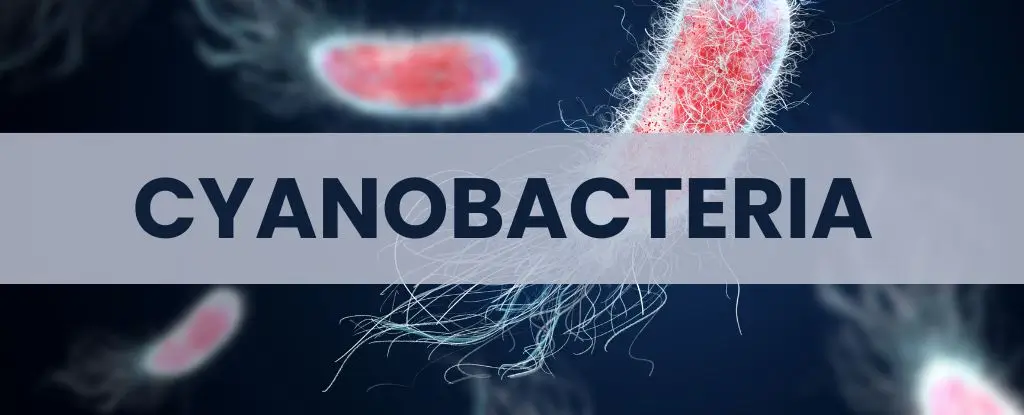India is sending tiny living organisms called cyanobacteria to the International Space Station (ISS) as part of the Ax-4 mission. Cyanobacteria live in water and can make their own food using sunlight, just like plants. They are also great at producing oxygen, which makes them very useful for space missions. In this experiment, scientists will study two different types of cyanobacteria to see how they grow and behave in space, where there is no gravity. They will check how fast the cyanobacteria grow, how their cells respond to the space environment, and whether they can still perform their usual activities like photosynthesis — the process of making food and oxygen from sunlight.
This research is very important because one day, astronauts might travel far into space for long periods. They will need systems that can help produce clean air and possibly even food. Cyanobacteria could become part of these life support systems, acting like tiny green machines that help humans survive in space. By understanding how they work in microgravity, scientists can create better systems for future space missions. These small bacteria might play a big role in helping humans live in space!
Read more by clicking here

